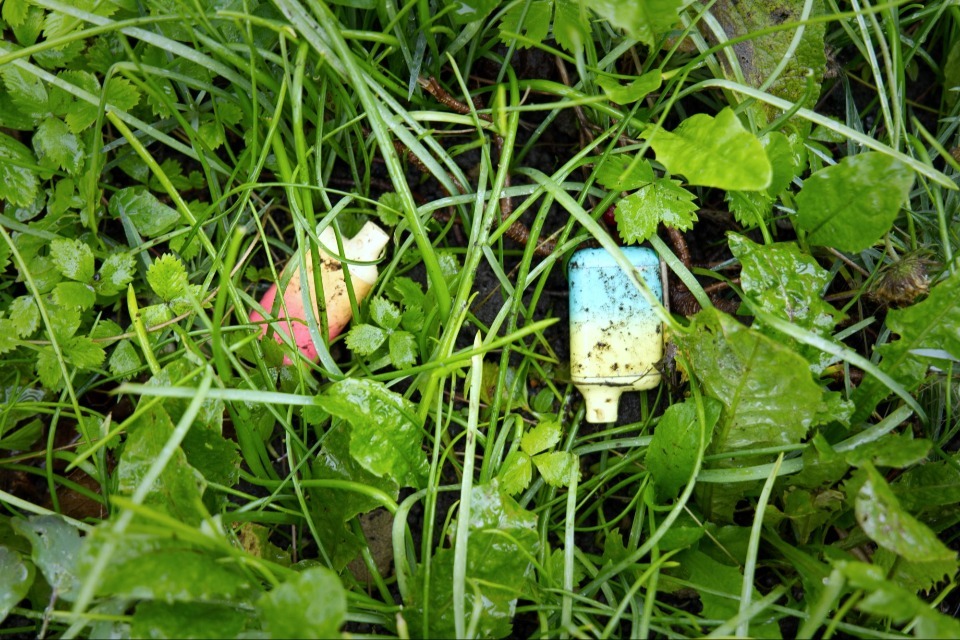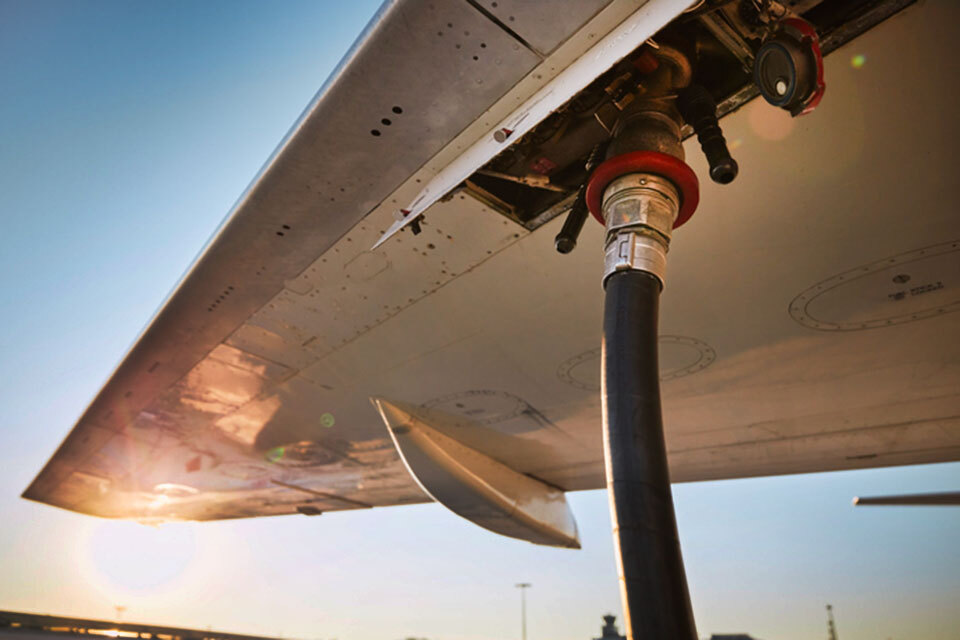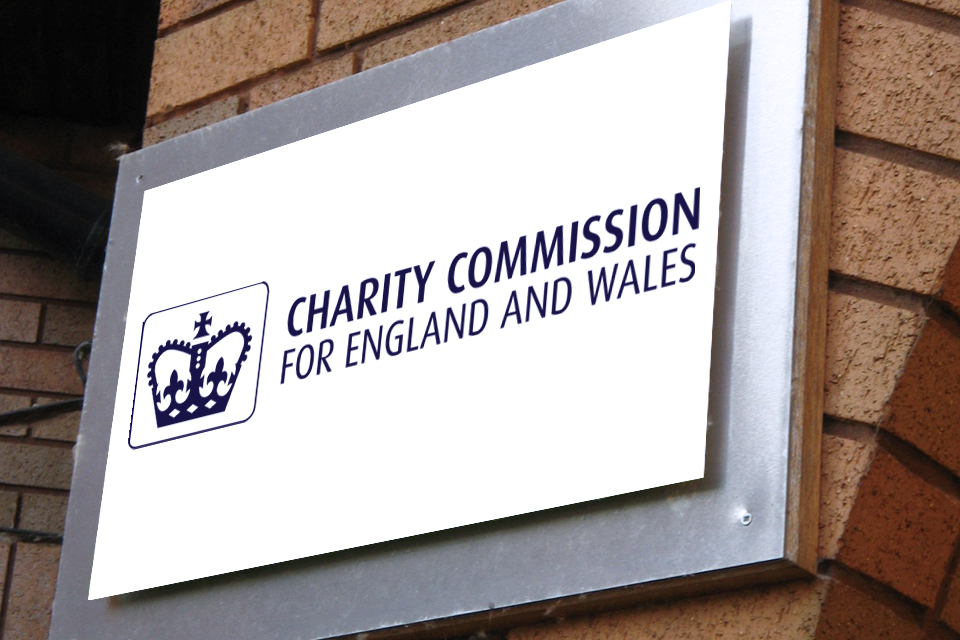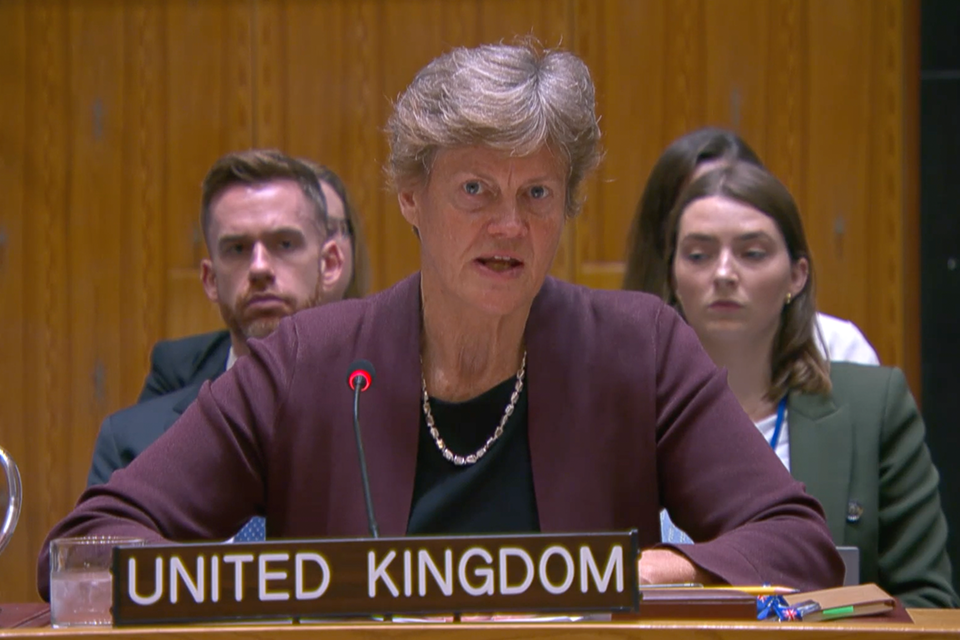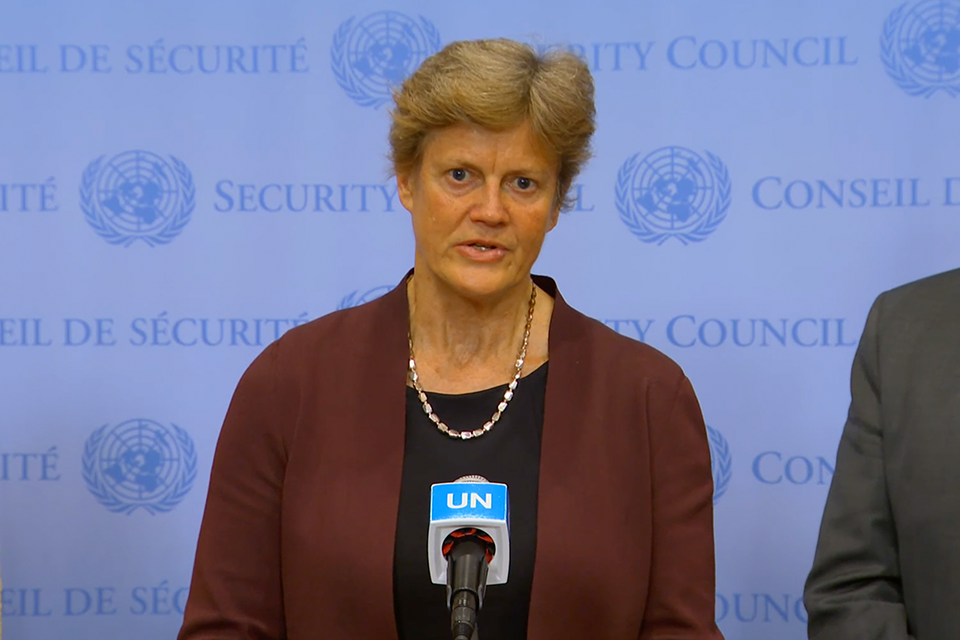High street shops and convenience stores are today (Tuesday 1 April) being urged to deplete their stocks of single-use vapes ahead of new legislation coming into force banning their sale.
The deadline for selling any remaining single-use vapes was confirmed as 1 June 2025 when legislation was laid in parliament last year, with a government consultation showing overwhelming support for restricting their sale and supply.
Analysis by Material Focus found an estimated 8.2 million vapes are now thrown away or littered every week in the UK, which is the equivalent of 13 each second. However, recycling single-use vapes is notoriously arduous, with waste industry workers needing to take them apart by hand which can be a slow and costly process. Their contents also present a fire risk to recycling facilities and can leak harmful chemicals into the environment.
With under two months until the ban comes into force, businesses must take action now to ensure they are prepared for its implementation. This includes ensuring all remaining stocks of single-use vapes are sold, and only buying vapes that follow the new regulations.
If businesses have any single-use vapes in their possession after 1 June 2025, they will not be able to sell them to shoppers and must ensure they are disposed of safely.
Waste Minister Mary Creagh said
For too long, single-use vapes have littered our streets, wasted valuable resources and harmed wildlife.
Our ban comes into force in just a few weeks so businesses must play their part by running down stocks and ensuring the remainder are collected for recycling.
The Government is committed to moving towards a more circular economy, where we use, repair and refill things for longer, to reduce waste.
Scott Butler, executive director of Material Focus, said
The upcoming ban will take some of the most environmentally wasteful vape models off the market. But it is important now and going forwards that vape producers and retailers meet their long-standing obligations to provide and pay for the takeback and recycling of all types of vapes sold historically and in the future.
This means offering in store takeback wherever they are sold and financing the costs of recycling and recovering the materials from them to support a more sustainable and circular economy.
Material Focus has produced a vapes briefing paper that explains how vape retailers and producers can do this and also provides guidance for local authorities.
Minister for Public Health and Prevention, Ashley Dalton, said
Single-use vapes are one of the most wasteful products on our high streets, with 13 being thrown away every second across the UK.
But this isn’t just an environmental crisis – it’s a public health one too. Single-use vapes, often sweet in flavour, are the product of choice for many young people, drawing a new generation into nicotine addiction.
The ban will complement the world-leading Tobacco and Vapes Bill, which will tackle youth vaping and safeguard our children’s health. I urge retailers to plan accordingly, as we work together to create a cleaner, greener, and healthier Britain for future generations.
In England, any businesses which fail to comply with the ban could face a stop notice or a fine of £200 in the first instance, with all products seized by Trading Standards. If any further infractions occur, they could be hit with an unlimited fine or be prosecuted.
The ban is part of the government’s commitment to end the avalanche of rubbish filling our high streets, countryside, and oceans. The government’s action to clean up Britain doesn’t end there – with further moves to ensure the throwaway society is ended for good.
Last week, Environment Secretary Steve Reed set out his vision for delivering the revolutionary drive to create a truly circular economy, changing the relationship with the goods we use.
British businesses are leading the charge in showing what is possible when this forward-thinking approach is adopted. Working with the Circular Economy Taskforce, the Government will work with the first five priority sectors to make the greatest difference – textiles, transport, construction, agri-food and chemicals & plastics.
The Government has also taken action against stagnating recycling rates and the reliance on the burning of household waste by announcing that new waste incinerators will only receive planning approval if they meet strict new local and environmental conditions.
The Government has also announced that a £15 million government fund will help deliver thousands of tonnes of food from farms which would otherwise go to waste to those who need it most.

